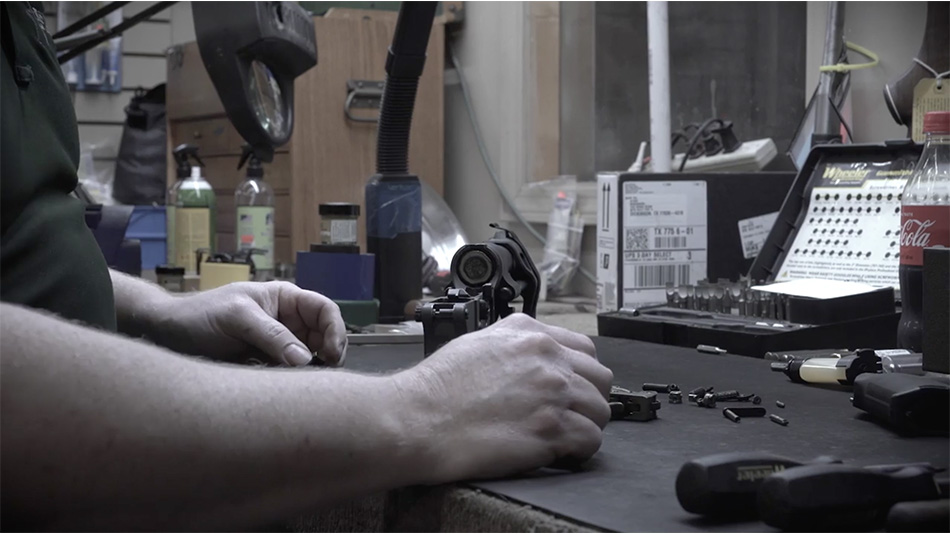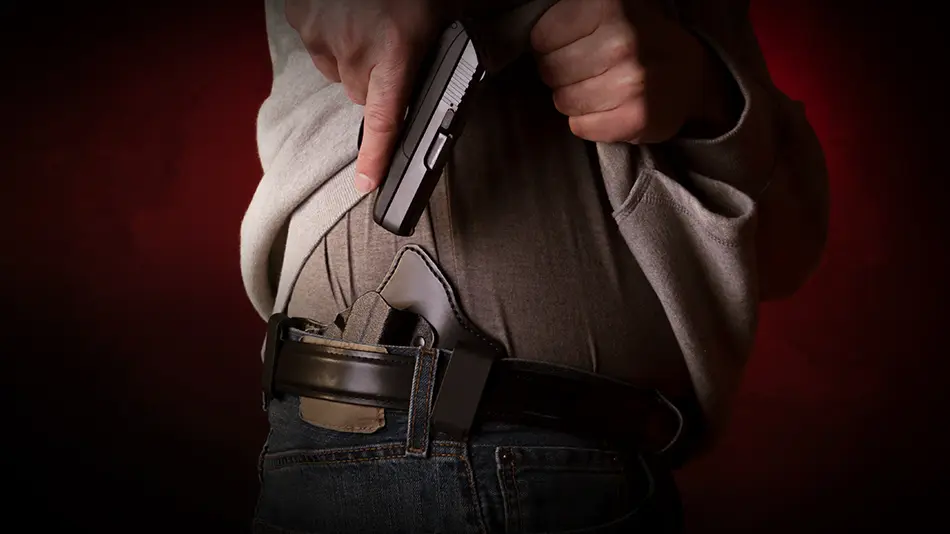
So called “ghost guns” have been the subject of debate for many years. The major concern with ghost guns is that anyone can make one without having to undergo a background check. Additionally, because most ghost guns are 3D printed, they may be undetectable by metal scanning devices. Further, if ghost guns are used in a crime, they cannot be traced. But is it illegal to manufacture and possess a ghost gun? The short answer is no.
What is a “Ghost Gun”
The term “ghost gun” is a term used by the media and anti-gun crowds to generate fear. “Ghost gun” simply refers to a firearm that is assembled using various parts without serial numbers or any identifying marks.
Usually ghost guns are made by individuals in their homes using 3D printers or by purchasing an unfinished receiver, which is the part of the firearm that houses many of the necessary components to make a firearm functional, such as a hammer or trigger. In fact, 80% of receivers that are readily available do not have identifying marks, and only a few steps are required to make these parts fully operational. In short, there is nothing scary about a ghost gun. Americans have always been able to build their own firearms and have done so since the days of the frontier. The difference is that in today’s world, everything needed to make a gun is readily available on the internet.
Federal and State Restrictions
Provided that you are not a gun dealer, federal law allows you (a non-licensed person) to make your own firearm as long as the firearm is intended for private use and not built with the intent to sell it.
Similarly, the manufacturing of a firearm by an individual for their own use is not prohibited under Michigan’s firearm laws. However, although Michigan law has no definition for the term “ghost gun,” there are serious restrictions on the types of firearms that can be manufactured in Michigan.
If you are manufacturing a firearm classified as an NFA item, a tax stamp is required prior to manufacturing and/or acquiring any of the parts used to make the firearm. Without first complying with federal law, it is illegal in Michigan to manufacture any NFA item including short-barreled rifles, short-barred shotguns, and machine guns. Since the definitions of these items is slightly different between Michigan law and federal law, please make sure you comply with both before manufacturing these weapons. MCL § 750.222.
Another restriction placed on ghost guns in Michigan is an individual cannot remove preexisting identifying marks. Please keep in mind that there is a big difference between owning a firearm that never had a serial number and altering, removing, or obliterating existing serial numbers. It is a felony (punishable up to two years in prison) to have altered, removed, or obliterated serial numbers. MCL § 750.230. Michigan law presumes that if you possess a firearm with an altered removed or obliterated serial number, you are the one who removed the identifying information. Id.
A third restriction placed upon ghost guns under Michigan law is a common licensing requirement. While it is legal under both federal and Michigan law to manufacture and possess a homemade gun, there are serious restrictions on the type of weapons you can legally manufacture or possess without licensing. For instance, Michigan law requires pistols to be licensed. Therefore, even if you manufacture your own pistol, you must obtain a license for the pistol unless there is an applicable exception under Michigan law. MCL § 28.422.
In conclusion, if you intend on manufacturing your own weapon, it is imperative that you understand the laws prior to assembling your weapon.
For questions about Michigan gun law, or ghost guns in the State of Michigan, contact U.S. LawShield and ask to speak to your Independent Program Attorney.
The preceding should not be construed as legal advice nor the creation of an attorney-client relationship. This is not an endorsement or solicitation for any service. Your situation may be different, so please contact your attorney regarding your specific circumstances. Because the laws, judges, juries, and prosecutors vary from location to location, similar or even identical facts and circumstances to those described in this presentation may result in significantly different legal outcomes. This presentation is by no means a guarantee or promise of any particular legal outcome, positive, negative, or otherwise.





With the new ATF rules coming what should i do with my existing completed 80% unserialized lower and jig? I really dont want to become a felon over night. Any advise would help.
This is a great question. If you’re a member, please call our non-emergency line to get an answer from an independent program attorney at 877-448-6839.